In a world where startups often rely on massive funding rounds, expensive marketing teams, and years of iteration, one brand flipped the script.
With just $3,000 in startup capital, a single product, and laser-focused execution, True Classic grew from a humble t-shirt brand into a $500 million apparel empire in under five years.
So, how did they do it?
This article breaks down the exact strategies used by True Classic—based on insights from Christian Pinon (BitBranding)—so you can learn how to apply the same principles to your clothing brand or e-commerce business.
The Origin Story: One Tee. Three Founders. $3,000.
In 2019, co-founders Ryan Bartlett, Matt Winnick, and Nick Ventura launched a brand-new clothing company with one mission:
“Create the perfectly fitting, buttery-soft t-shirt for the everyday guy—without the baggy sleeves, itchy fabrics, or expensive price tags.”
That was it. Just one tee in six colors.
The idea wasn’t revolutionary, but the execution was. Their approach was built on simplicity, product quality, user experience, and trust.
That first year, they raked in $50 million. By year two? $90 million. And now, they’ve crossed the $500 million revenue milestone.
So what made True Classic such a runaway success?
Let’s break it down, one winning strategy at a time.
1. Hero Banner That Converts: Simplicity + Benefits
The first impression on any eCommerce site happens in milliseconds—and True Classic nails it.
When you land on their homepage, you're immediately met with a clean, benefit-driven hero section that introduces the newest product drop (like an activewear V-neck), while reinforcing the brand’s core promise: comfort, fit, performance.
What makes it work:
-
Minimal distractions
-
Clear headline focused on benefits
-
Visual cues (icons for SPF, sweat-wicking, comfort)
-
A large image of the product in action
💡 Takeaway:
Design your hero section like a landing page—clear, bold, and focused on value over aesthetics. Don’t bury the benefits. Put them front and center.
2. Navigation Designed for Shoppers
Unlike clunky menus filled with endless categories, True Classic uses a mega menu system that focuses on images and collections. When shoppers click “Shop All,” they’re instantly shown the most popular items—with thumbnails, not text lists.
Why this works especially well for their audience:
-
Men are visual buyers
-
They want fast, frictionless browsing
-
Showing products (not just names) improves time-on-site and conversion
💡 Pro Tip:
Use Shopify themes that support visual menus or install apps that enable mega menus and mobile-specific navigation. Look for themes like Broadcast or custom mobile UX features.
3. Social Proof & Trust Elements — Everywhere
True Classic doesn’t just include reviews at the bottom of the page. They embed social proof in multiple places:
-
Right below the hero section
-
Mid-scroll
-
Product pages
-
Footer
For example:
-
⭐ 5 million+ happy customers
-
⭐ 200,000+ five-star reviews
-
✅ 100-day “Perfect Fit” guarantee
-
🔒 Verified reviews via TrustPilot
💡 Takeaway:
Trust isn’t built in one section. Reinforce it consistently through badges, testimonials, guarantees, and third-party validation like Trustpilot or Google Verified Reviews.
4. High-Converting Product Pages
True Classic’s product pages are incredibly robust—but they don’t feel overwhelming.
Here's what makes their product pages stand out:
-
All key actions above the fold (select size, color, add to cart)
-
Built-in product videos
-
Customer reviews with data (height, weight, size purchased, fit feedback)
-
“Compare to other brands” visual modules
-
Speed-optimized variant switching via section rendering
They reduced page requests from 641 to 52, and resource size from 34MB to just 1MB—making their site lightning-fast even with dynamic content.
💡 Tools to Explore:
-
Helix for section rendering
-
Shogun or Replo for custom page building
-
Judge.me or Stamped.io for detailed, filterable reviews
5. Strategic Video Embeds
Switching from Vimeo to VideoWise, True Classic saw a:
-
📈 13% increase in conversion
-
🎥 70% video completion rate
Why it works:
-
Faster loading
-
Embedded directly within product galleries
-
Real demonstrations of fit, movement, and fabric quality
💡 Takeaway:
Use short, fast-loading videos to demonstrate your product in real life. Skip the flashy edits—focus on authenticity and clarity.
6. Data-Driven Review System
While many brands settle for “Love this shirt!” reviews, True Classic takes it further. They collect:
-
Height & weight
-
Typical size vs. purchased size
-
Fit satisfaction (tight, perfect, loose)
This contextual review system removes guesswork and reduces returns.
💡 Try this:
Use review systems that allow custom attributes, or build structured review forms that collect body metrics + fit opinions.
7. Gamified Cart Experience
Their cart is anything but boring. It rewards customers as they increase their order value:
-
Spend $99 – Get free shipping
-
Spend $149 – Get a free short sleeve
-
Spend $199 – Get a free long sleeve
Even when empty, the cart displays “no-brainer add-ons” to encourage browsing.
Apps like UpCart and Monster Upsell Cart make this functionality possible.
🔑 Lesson: Use gamification to increase average order value. Incentivize users at every stage of the funnel.
8. Upsells and Shopify Plus Magic
True Classic uses Shopify Plus, which allows upsells:
-
In-cart (bundles and recommended add-ons)
-
On the checkout page (limited-time discounts)
-
Post-purchase (one-click reorders or gift-with-purchase offers)
Even if you’re not on Shopify Plus, you can still upsell using tools like:
-
One Click Upsell (Zipify)
-
CartHook
-
Honeycomb
💡 Pro Tip:
Your checkout is prime real estate. Add value without overwhelming the buyer. Think: small offers, big margin.
9. Cashback Offers Instead of Upfront Discounts
Most brands give 15% off your first order right away. True Classic flips the model:
-
You purchase at full price
-
You get store credit cashback after purchase
This reduces abandoned carts and increases repeat orders.
Example: “Buy now and get $14 store credit.”
They use apps like:
-
Coin Cashback
-
Rise.ai for store credits
💡 Takeaway:
Offer post-purchase incentives to reward buyers without sacrificing margins. Store credit keeps them in your ecosystem.
10. Seamless Performance Meets Brand Promise
From lazy-loaded images to asynchronous scripts and modular design, everything on the True Classic site is optimized for:
-
Mobile speed
-
Conversion flow
-
Fast variant switching
-
Seamless transitions between pages
Even with rich media (videos, gifs, mega menus), they’ve structured the back-end to keep loading times under 2 seconds.
💡 Toolstack to Explore:
-
Shopify Plus
-
Replo for no-code modular content
-
VideoWise for fast video delivery
-
Helix for section rendering
11. Comparison Tables that Sell
Many shoppers ask: “Why should I buy this over X?”
True Classic answers with side-by-side comparison tables:
-
True Classic vs. other brands
-
Fabric quality
-
Fit
-
Price
-
Wash durability
And they show this via video and imagery, not just bullet points.
💡 Bonus Tip:
Use “Why Us” landing pages or comparison charts to help shoppers self-educate—reducing bounce rates and building brand authority.
12. On-Site Messaging That Aligns with Brand Values
Even their micro-copy (button text, tooltips, captions) ties back to their identity: Fit-first. Comfort-focused. No fluff.
Examples:
-
“Try for free”
-
“Find your perfect fit”
-
“Better than your old tee”
This branding consistency builds emotional trust, reinforcing the narrative that True Classic “just gets” their customer.
Final Thoughts: Lessons from a $500M Masterclass
True Classic’s rise wasn’t a fluke—it was a masterclass in:
-
Smart product positioning
-
Optimized UX/UI
-
Strategic upsells
-
Customer-centric reviews
-
Blazing fast page speeds
-
Post-purchase retention via cashback/store credit
If you’re building or scaling your clothing brand, this is the blueprint.
✨ Key Questions to Ask Yourself:
-
Is my product page built to answer every buyer hesitation?
-
Do I reinforce trust throughout the shopping journey?
-
Am I optimizing not just the first sale—but the next sale?
True Classic started with $3,000. They didn’t need venture capital—they needed a product worth talking about and a store that made it easy to say yes.
Now, they’re dominating their niche.
And you can too.


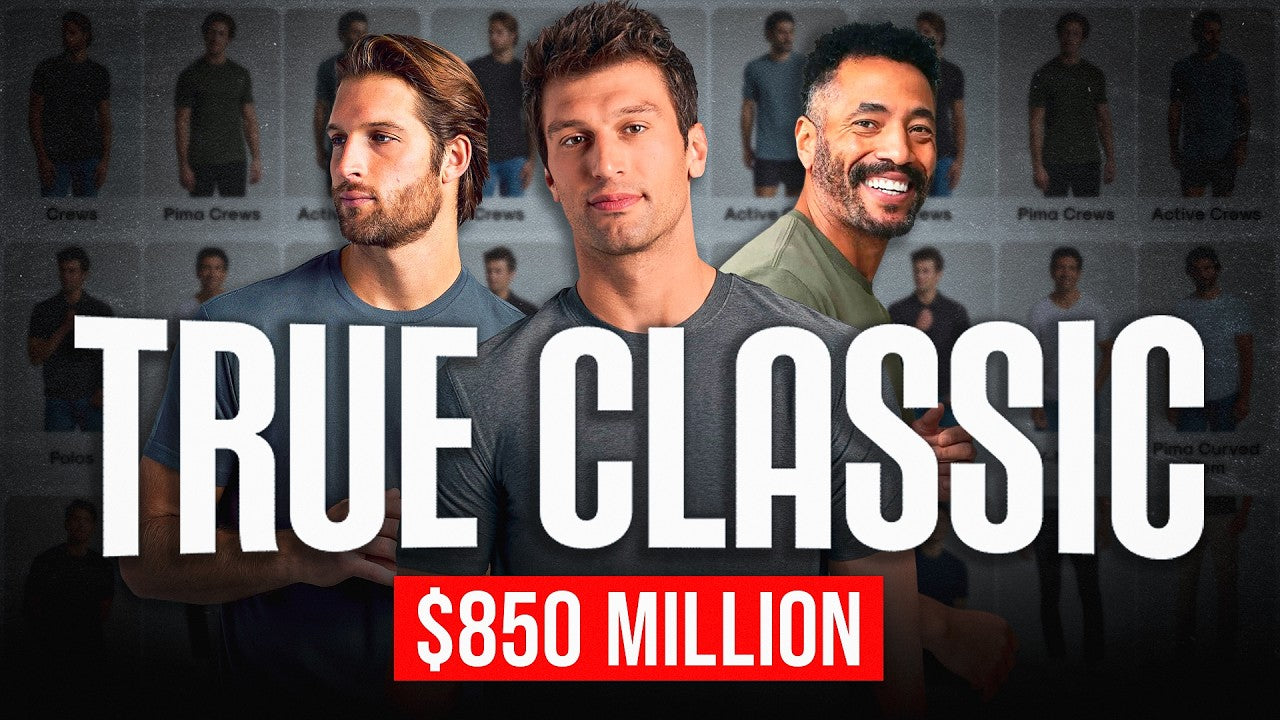
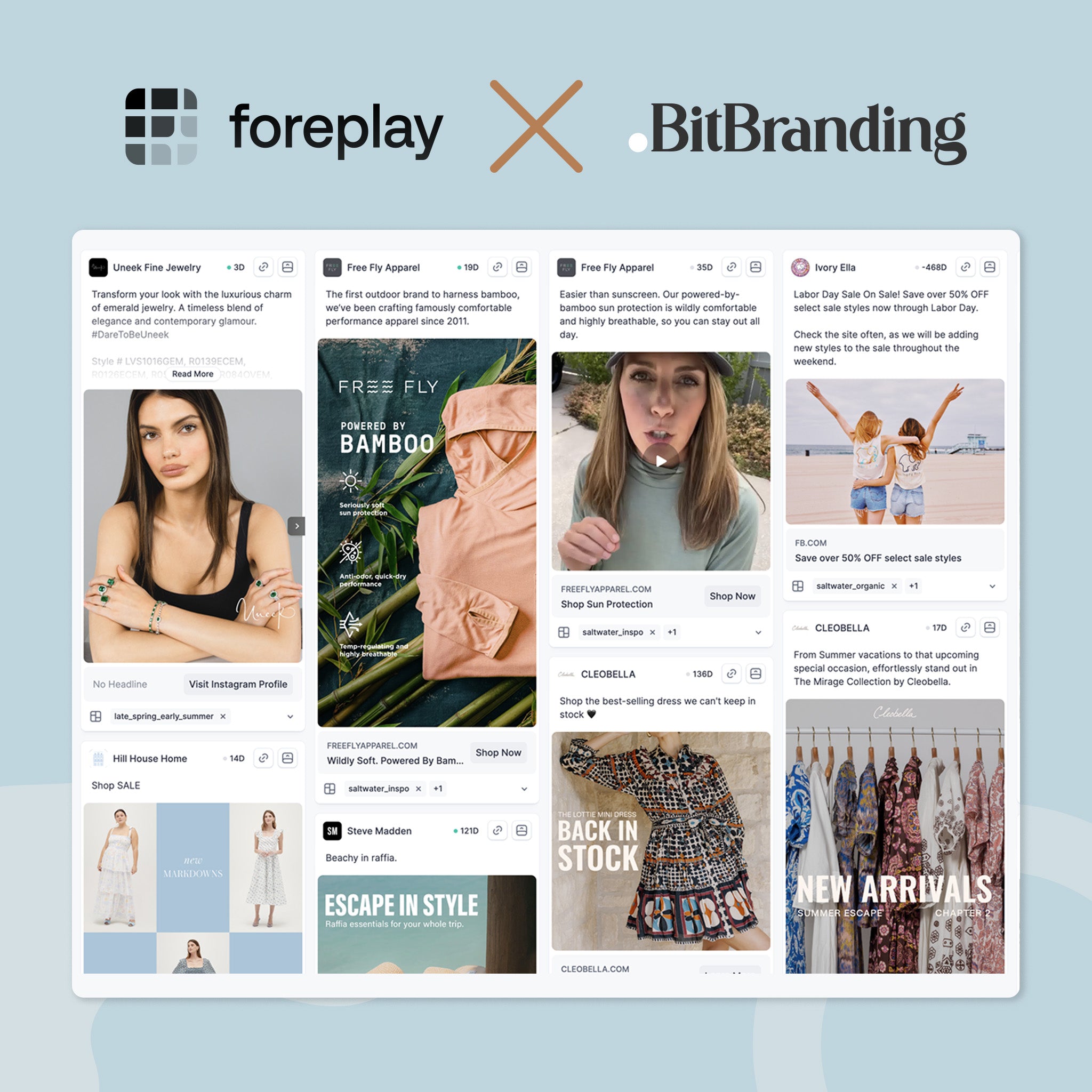
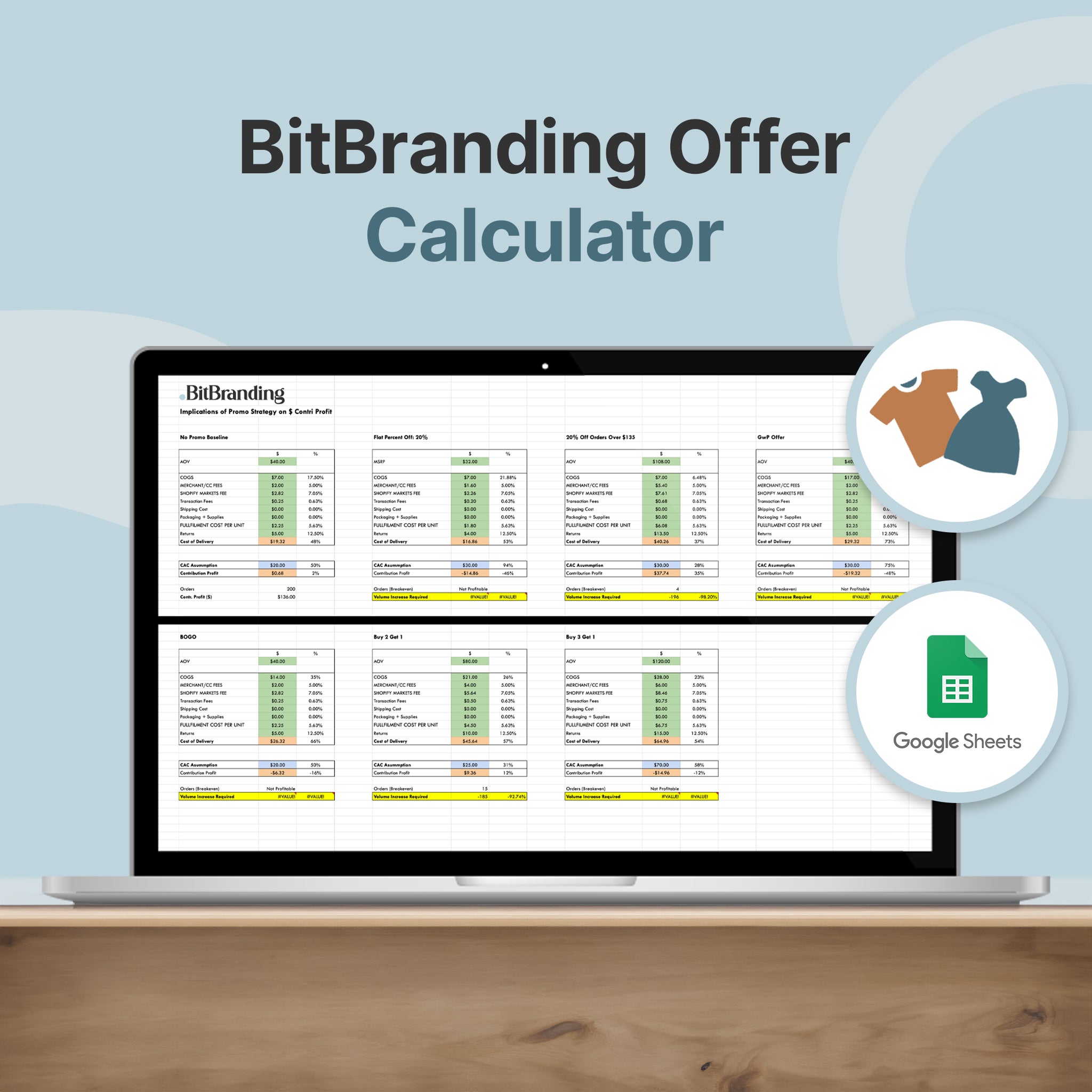
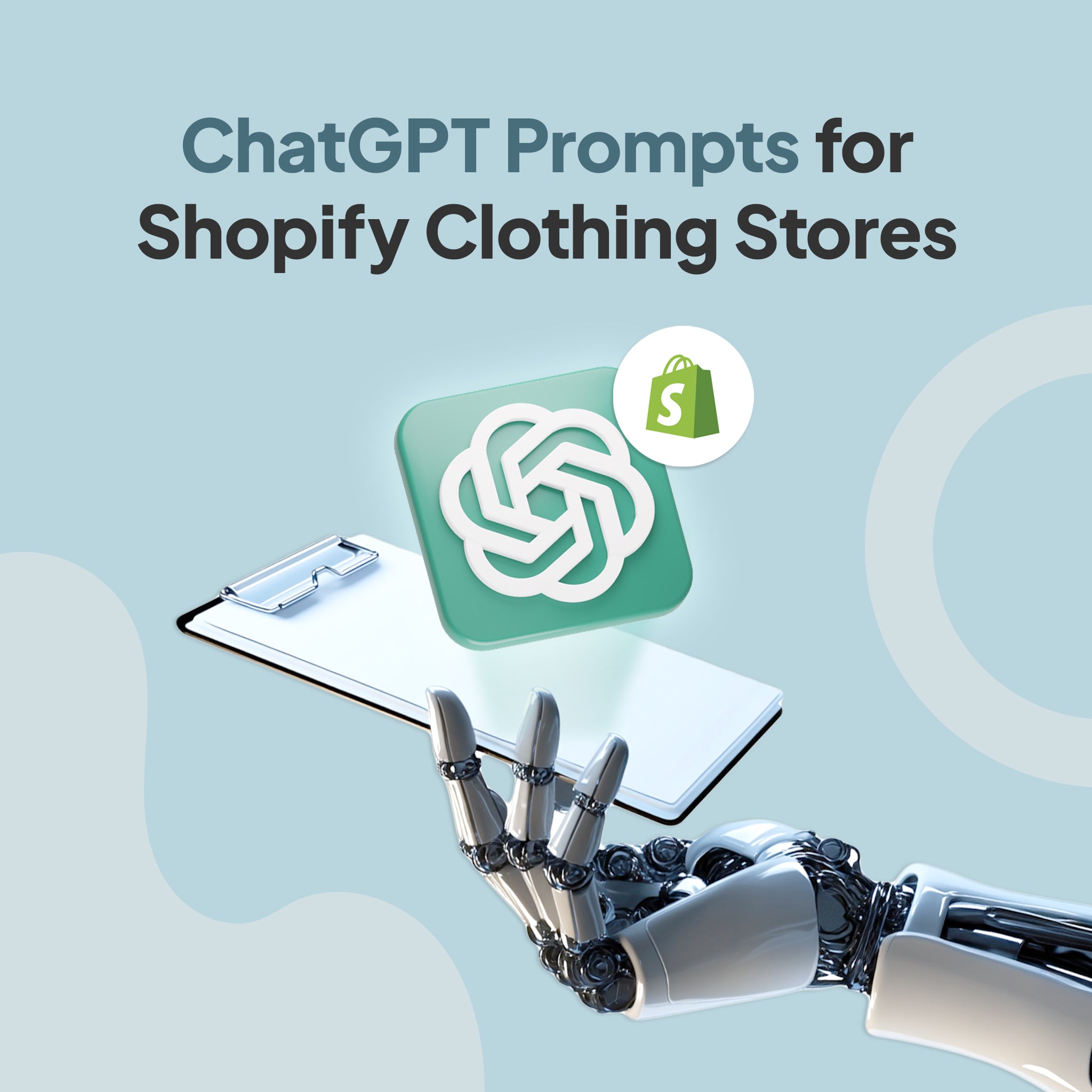

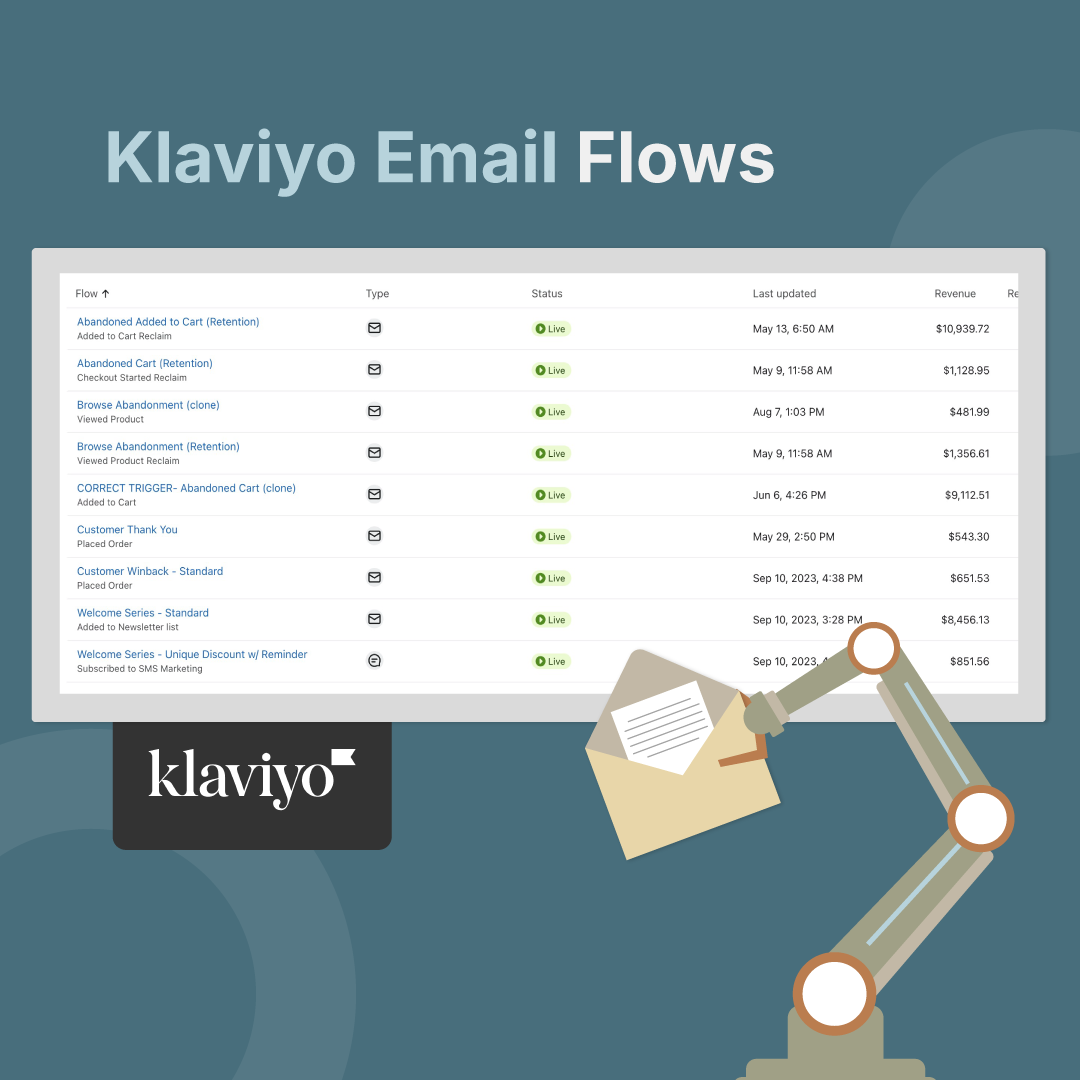
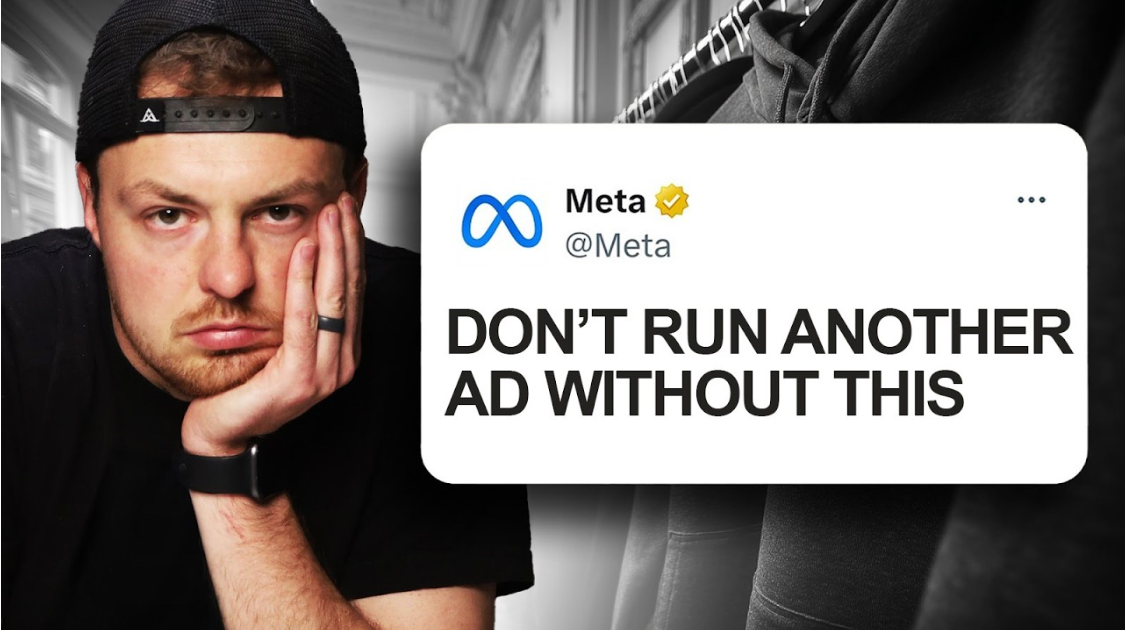
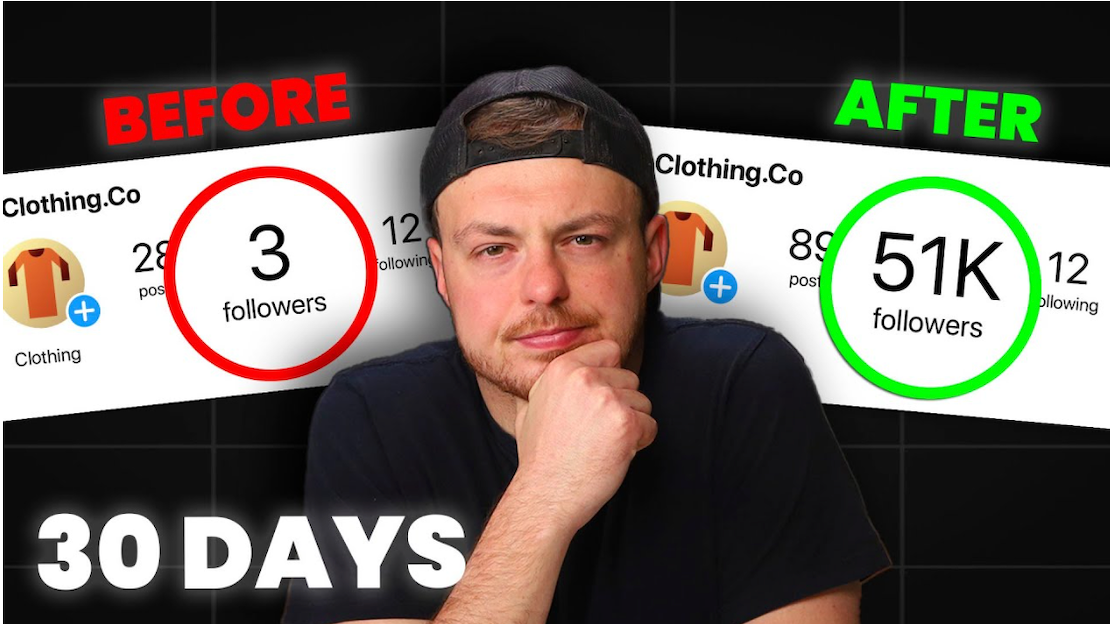
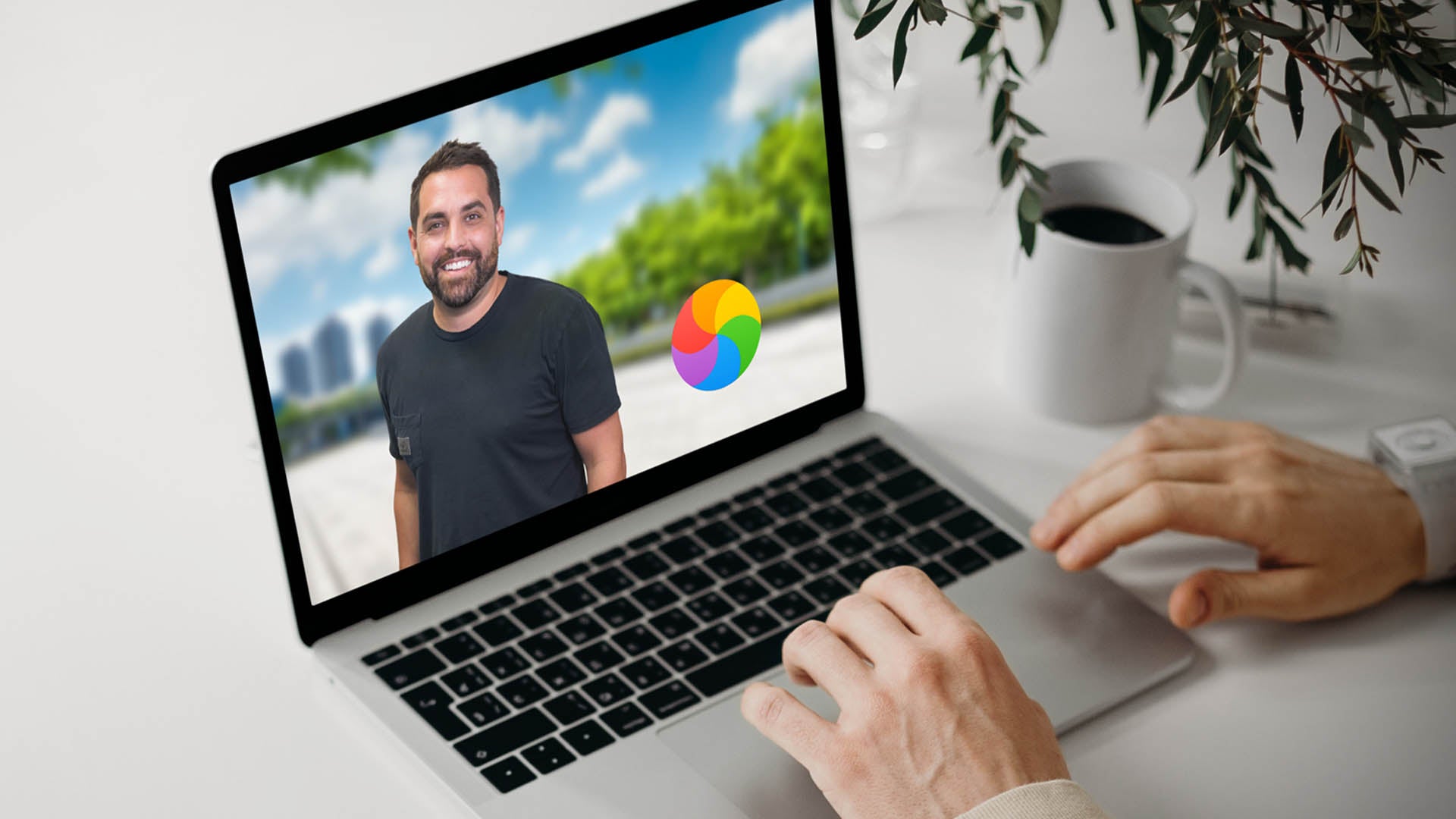
Share:
The NEW Proven Facebook Ads Strategy for Clothing Brands 2025
How We Scaled a Clothing Brand to $60K/Month with Facebook Ads (No Viral Gimmicks)